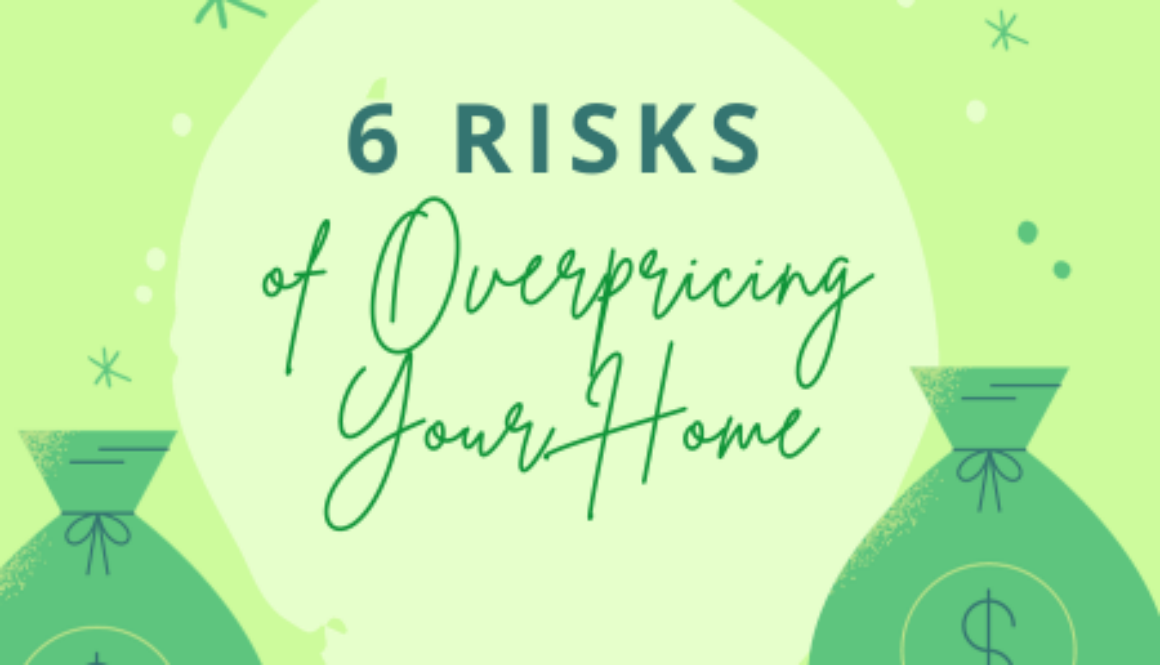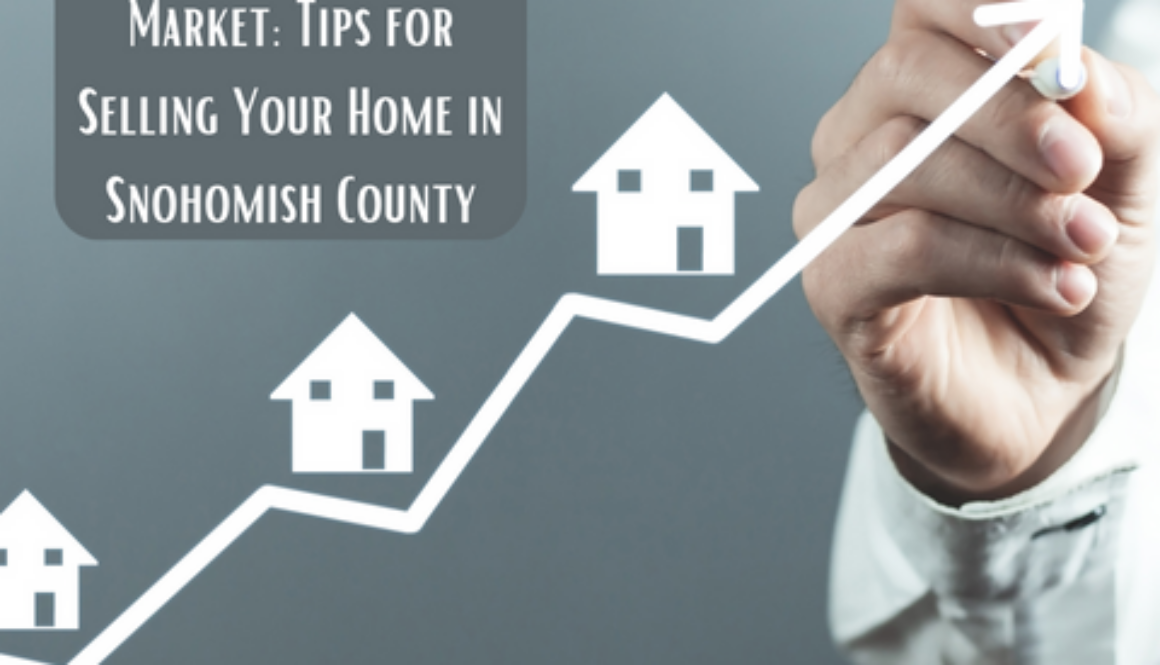6 Risks of Overpricing Your Home
Overpricing your home is arguably one of the biggest mistakes you can make as a seller. The past several years saw a huge increase in home prices, with never before seen bidding wars, record setting interest rates, and a shortage of homes, the buying frenzy has finally started to slow down. With the market slowing slightly, many sellers are still hoping to list their home at a higher rate, however, this could lead to many challenges that could significantly impact your selling experience. While a seller’s market may tempt homeowners to push the limits on listing prices, the dangers of overpricing become particularly pronounced when the market begins to level out.
6 Risks of Overpricing Your Home
-
Time on the Market
One of the most immediate and tangible consequences of overpricing your home is an extended time on the market. In a slower market buyers carefully compare properties and are less likely to consider those with inflated price tags. As your home lingers on the market, it can develop a stigma, leading buyers to question its desirability and prompting them to submit lower offers or skip offers altogether.
-
Reduced Buyer Interest
Overpricing can deter prospective buyers who may otherwise be interested in your property. As buyers conduct thorough market research, they become attuned to fair market values and are often led away from over priced homes by the guidance of their agent. A home priced significantly above comparable properties can be perceived as unreasonable, leading buyers to focus on more competitively priced homes. Reduced buyer interest not only affects your chances of selling but also limits the potential for multiple offers, which can drive up the final sale price.
-
Appraisal Challenges
When overpricing is severe, it can lead to a multitude of appraisal challenges. Lenders rely on appraisals to determine the fair market value of a property, and an inflated listing price may result in an appraisal shortfall. If the appraisal doesn’t support the listing price, it can lead to financing issues for potential buyers. This, in turn, can derail the closing process and result in a sale falling through putting you as the seller back to square one.
-
Stale Listing Perception
Overpriced homes can be perceived as “stale listings” by both real estate professionals and prospective buyers. A property that has been on the market for an extended period without a sale can create the impression that something may be seriously wrong with it. This perception further diminishes buyer interest and can make it challenging to re-list or adjust the property at a more realistic price.
-
Negotiation Challenges
Serious buyers, aware of market conditions and property values, may be hesitant to engage in negotiations for fear of being taken advantage of. This dynamic can lead to a standoff, with both parties unwilling to compromise. As a seller, being open to realistic negotiations is crucial for successfully closing a deal in a leveling market.
-
Missed Opportunities
A leveling real estate market still presents plenty of opportunities for sellers, but overpricing can cause you to miss out on those opportunities. By accurately pricing your home, you increase the likelihood of attracting serious buyers who recognize the value of your property. This not only expedites the selling process but can also result in a more favorable final sale price.
It is important to remember that even though the buying frenzy is starting to slow, that doesn’t mean that you can’t still list your home, receive offers, and ultimately end up with a great selling experience. Strategic pricing, based on a realistic assessment of market conditions and comparable properties, is the key to a successful and timely sale. By avoiding the pitfalls of overpricing, sellers can position themselves to navigate the challenges of a changing market and make the most of the opportunities that still exist for those who price their homes wisely. Are you ready to sell? Contact our team today!




